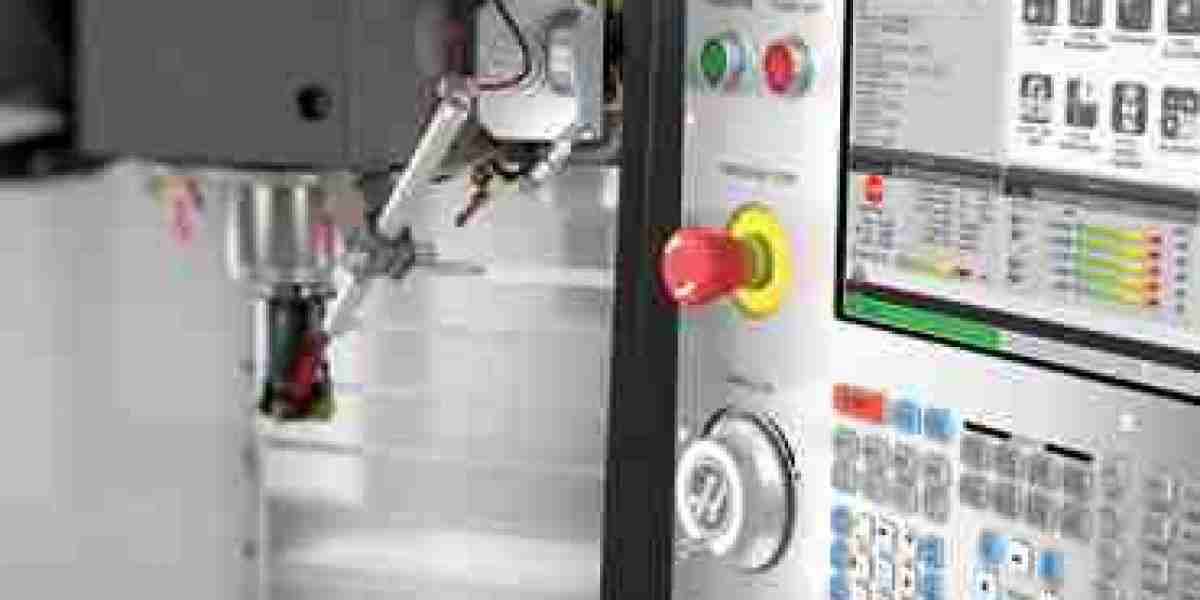CNC milling, short for Computer Numerical Control milling, is a precise manufacturing process used to create intricate parts and components from various materials such as metals, plastics, and wood. It involves the use of computer-controlled machinery to remove material from a workpiece, shaping it according to precise specifications provided in a computer-aided design (CAD) file.
At the heart of CNC milling is the CNC machine, which consists of a cutting tool that rotates at high speeds and moves along multiple axes to carve out the desired shapes from the workpiece. These machines can range from simple three-axis mills to more complex multi-axis mills capable of simultaneous cutting operations from multiple angles.
The process begins with the creation of a digital design in CAD software, where the dimensions and geometries of the desired part are defined. This digital model is then translated into machine-readable instructions using CAM (Computer-Aided Manufacturing) software. These instructions, known as G-code, provide the precise coordinates and tool paths required to manufacture the part.
Once the G-code is generated, it is loaded into the CNC machine's control unit, which interprets the instructions and directs the movements of the cutting tool. The workpiece is securely clamped to the machine's bed or worktable, and the milling process begins. The cutting tool removes material from the workpiece layer by layer, following the programmed tool paths with high accuracy and repeatability.
CNC milling offers numerous advantages over traditional manual milling methods. Its computer-controlled precision ensures consistent quality and tight tolerances, making it ideal for manufacturing complex parts with intricate geometries. Additionally, CNC milling allows for high-speed production, increased efficiency, and reduced labor costs compared to manual machining.
Furthermore, CNC milling is highly versatile and can be used to produce a wide range of components for various industries, including automotive, aerospace, electronics, medical, and more. Whether producing prototypes, one-off custom parts, or large-scale production runs, CNC milling offers manufacturers a cost-effective solution for creating high-quality precision components. Overall, CNC milling plays a crucial role in modern manufacturing, enabling the production of intricate parts with unparalleled accuracy and efficiency.








